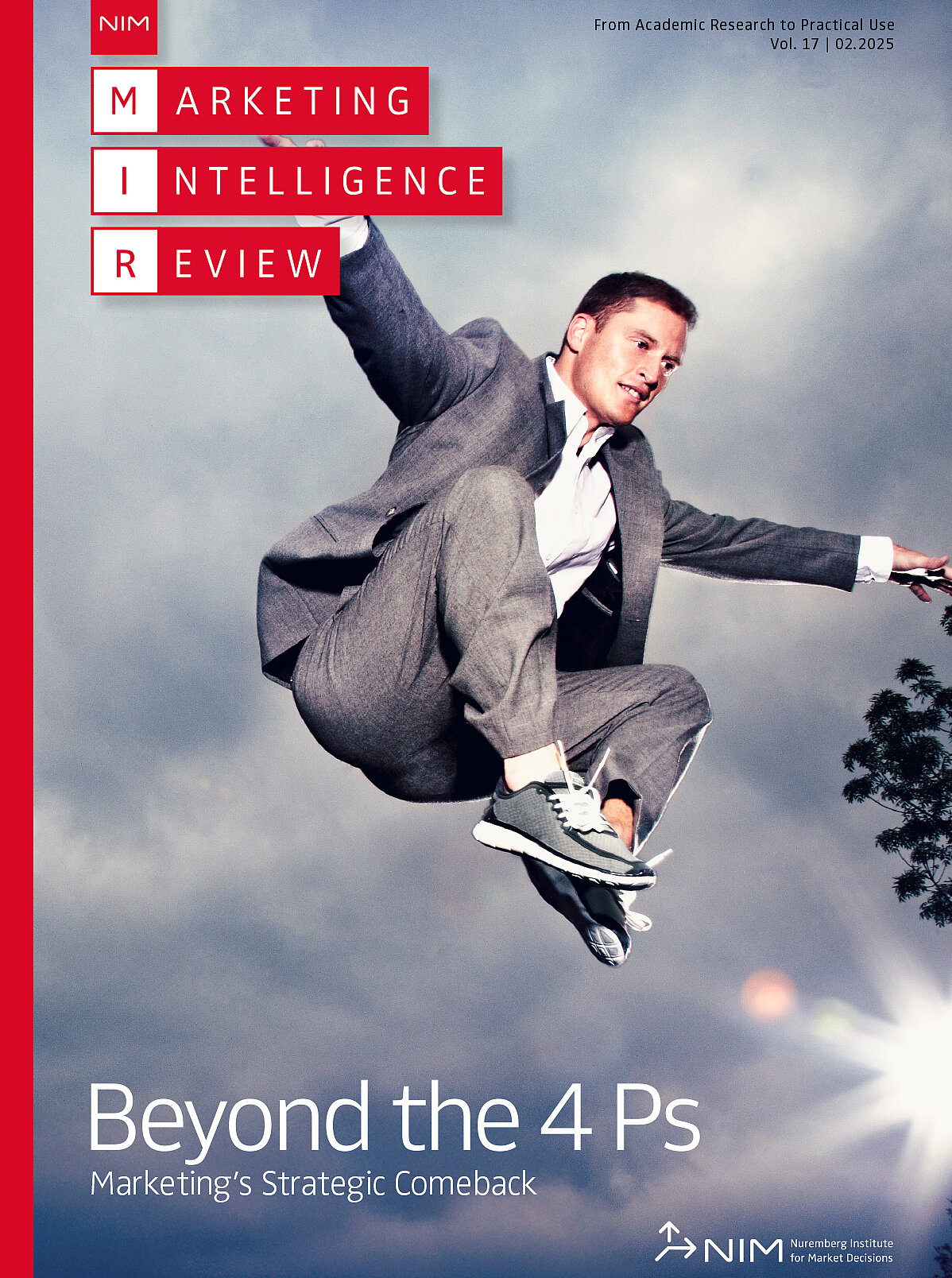Feels Right … Go Ahead? When to Trust Your Feelings in Judgments and Decisions
Abstract
Not only are subjective feelings an integral part of many judgments and decisions, they can even lead to improved decisions and better predictions. Individuals who have learned to trust their feelings performed better in economic-negotiation games than their rational-thinking opponents. But emotions are not just relevant in negotiations and decisions. They also play a decisive role in forecasting future events. Candidates who trusted their feelings made better predictions than people with less emotional confidence.
Emotions contain valuable information about the world around us. This information is not as readily available in our mind as hard facts but rather lies in the background of our conscious attention. In negotiation situations like the ultimatum game, feelings provide an intuitive sense of what offer is about right and what offer is too high or too low. But feelings also summarize statistical relationships among things that, on the surface, may seem disconnected. These statistical relationships make more probable futures feel more right than less probable futures.
However, researchers warn that you should not always trust your feelings. Feelings that tend to help are those based on general knowledge, not those based on easy-to-verbalize local knowledge.










